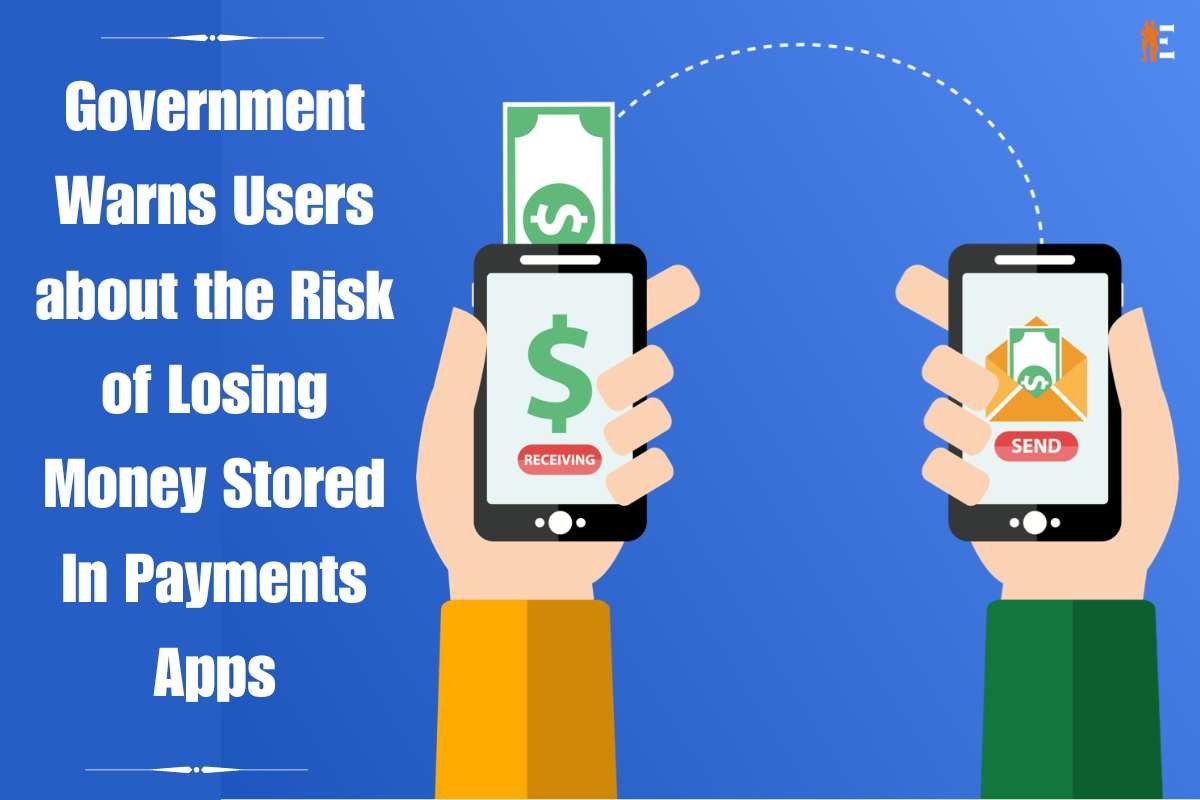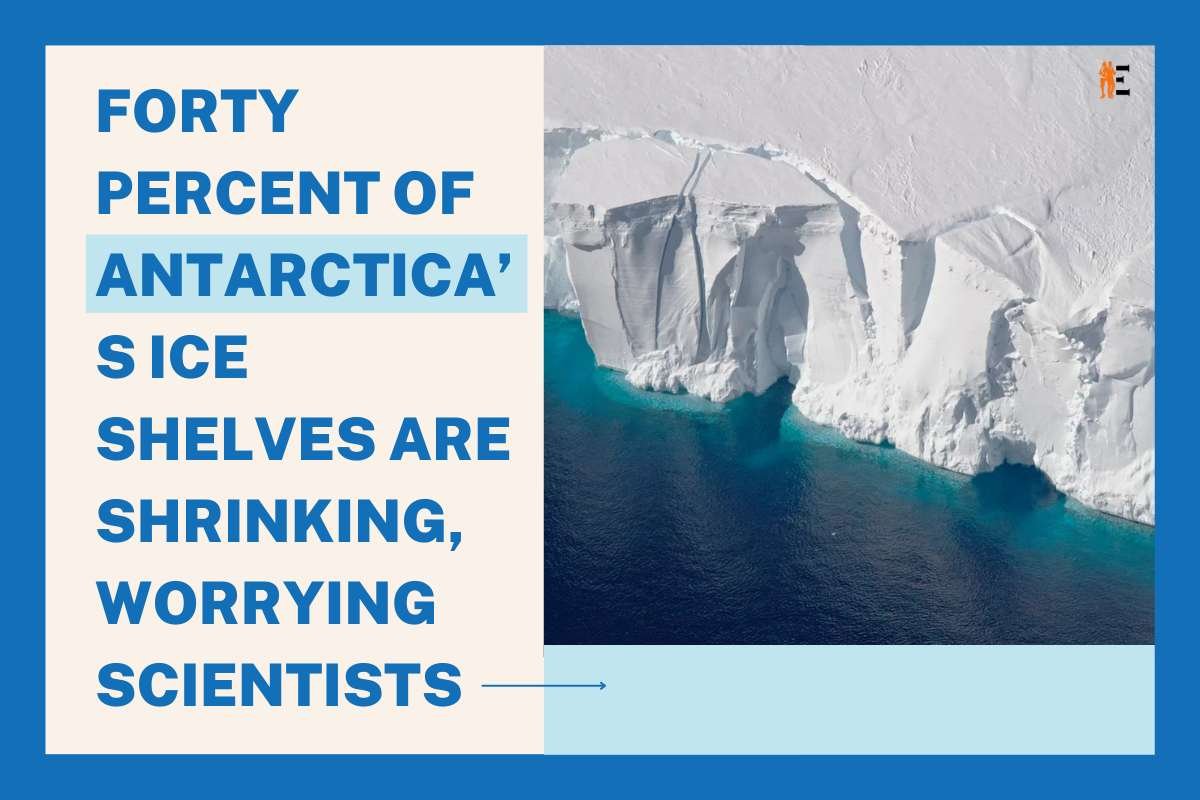Government regulators have issued a warning to users of popular payment tools such as Cash App, PayPal, and Venmo, stating that their funds are at risk in the event of a crisis because they are not protected by federal deposit insurance. The Consumer Financial Protection Bureau (CFPB) cautioned that if a payment service were to suddenly collapse, consumers could lose the funds stored in the associated app.
Impact of Bank Failure
The alert comes after the recent failures of Silicon Valley Bank, Signature Bank, and First Republic Bank, which resulted in the loss of funds for panicked depositors. Unlike traditional bank accounts, funds stored with nonbank payments apps may not be held by a lender that offers the same level of protection provided by the Federal Deposit Insurance Corporation and National Credit Union Administration, both of which insure up to $250,000 in a bank account.
Concerns Surrounding Digital Payment Apps
CFPB Director Rohit Chopra emphasized that while digital payments apps are increasingly being used as substitutes for traditional banking services, they lack the necessary safeguards to ensure the safety of funds. In response, the financial watchdog advised consumers to transfer any funds stored in payment apps to insured banks or credit unions.
Although some payments apps claim to offer “pass-through insurance” on customer funds through partnerships with banks or credit unions, the CFPB clarified that this coverage only protects customers in the event of a lender’s failure, not if the app itself collapses.
The widespread adoption of payment apps among Americans has raised concerns about the potential risks involved. According to the CFPB, approximately 85% of consumers aged 18 to 29 have used these apps, and transactions worth $893 billion were conducted through them last year. Venmo, with over 90 million customers, recently announced plans to allow parents to create accounts for their teenage children.
The agency highlighted that funds received through these apps are typically not automatically transferred to users’ linked bank or credit union accounts. Instead, the companies hold and invest the funds, activities that do not undergo the same oversight as insured banks or credit unions.
At the time of reporting, PayPal (owner of Venmo) and Square (owner of Cash App) had not yet responded to requests for comment on the matter.











